Are you looking to reach out for pastoral care within your church community? Writing a heartfelt letter can be a powerful way to express your needs and seek support from your pastor. In this article, we will provide you with a comprehensive letter template that ensures your request is clear and compassionate. So let's dive in and explore how you can effectively communicate your pastoral care needs!
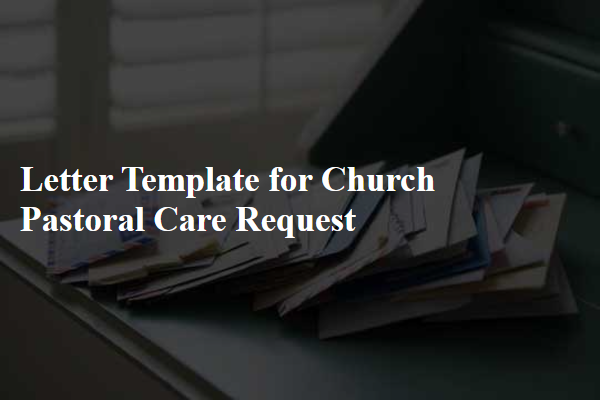
Personal information
Church pastoral care requests often require personal information to ensure appropriate support and follow-up. Essential details include the individual's full name, contact information (preferably phone number and email address), and specific needs or circumstances prompting the request. This may encompass spiritual concerns, emotional distress, or physical health challenges. Additionally, individuals may specify previous interactions with church leaders or any preferred ways of communication. This structured information enables the pastoral team to provide relevant and timely assistance while respecting the privacy and confidentiality of the individual.
Purpose of request
The purpose of a pastoral care request in a church community is to seek guidance and support from spiritual leaders, such as pastors or church elders, during times of personal crisis or emotional distress. Individuals may request pastoral care due to life events such as illness, bereavement, marital difficulties, or spiritual warfare. This request allows for tailored spiritual mentorship, counseling sessions, or community support to address specific needs. The pastoral care process often includes prayer, scriptural guidance, and involvement from congregational members. Ultimately, the goal is to provide a comforting and nurturing environment to foster healing and spiritual growth.
Specific needs or concerns
Pastoral care in churches addresses specific needs or concerns of congregation members, such as emotional support during difficult times, medical assistance, or spiritual guidance. Families experiencing loss, like the death of a loved one, may seek solace through prayer services or counseling sessions. Individuals facing health challenges, such as chronic illnesses or surgeries, often require visitation from clergy and meals provided by church volunteers. Community members in crises, like job loss or relationship troubles, benefit from support groups and resource referrals. Additionally, mental health issues, including anxiety and depression, can prompt requests for confidential discussions or professional counseling resources. The church serves as a beacon of hope and support in times of distress.
Preferred contact method
Pastoral care plays a significant role in nurturing the emotional and spiritual needs of church members, particularly during challenging times. Effective communication enhances the pastoral relationship, making it essential for members to indicate their preferred contact method. Common preferences include phone calls, text messages, emails, or even in-person meetings, allowing the pastor or designated care team to provide timely support. For efficient outreach, clear communication of preferences can streamline the pastoral care process, ensuring members receive the assistance they require promptly and in a manner that aligns with their comfort levels. This approach fosters a welcoming environment within the church community, promoting stronger connections among members and their spiritual leaders.
Expression of gratitude
Pastoral care within a church community serves as a vital support system for individuals facing challenges. Often, members express gratitude for the compassionate outreach provided by pastors and church leaders. This support may include counseling sessions, prayer meetings, or home visits, which provide spiritual guidance and emotional comfort during difficult times. Recent initiatives, such as community outreach programs and support groups aimed at mental health awareness, have further strengthened this bond. Many congregants reflect on the importance of these services, highlighting the transformative impact of shared faith and fellowship in their lives. Regular feedback during fellowship events helps to recognize the dedication of those involved in pastoral care, cultivating a culture of appreciation within the church.

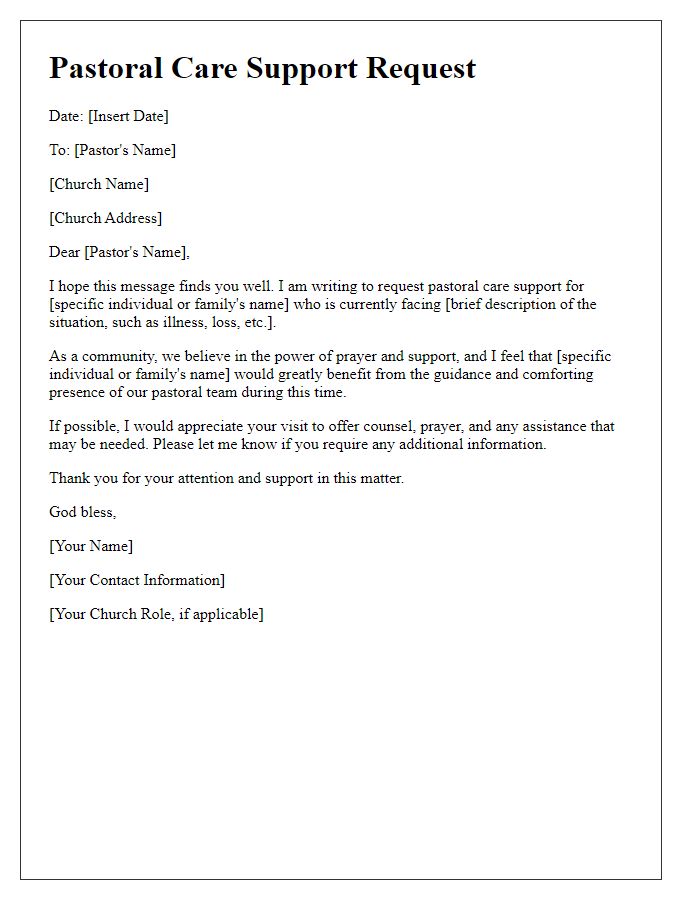
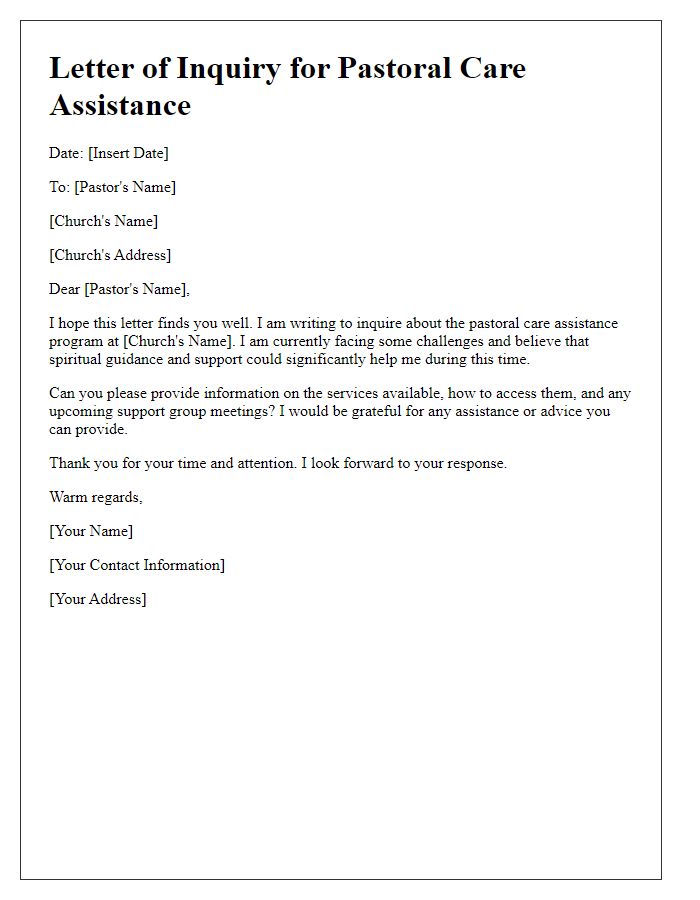
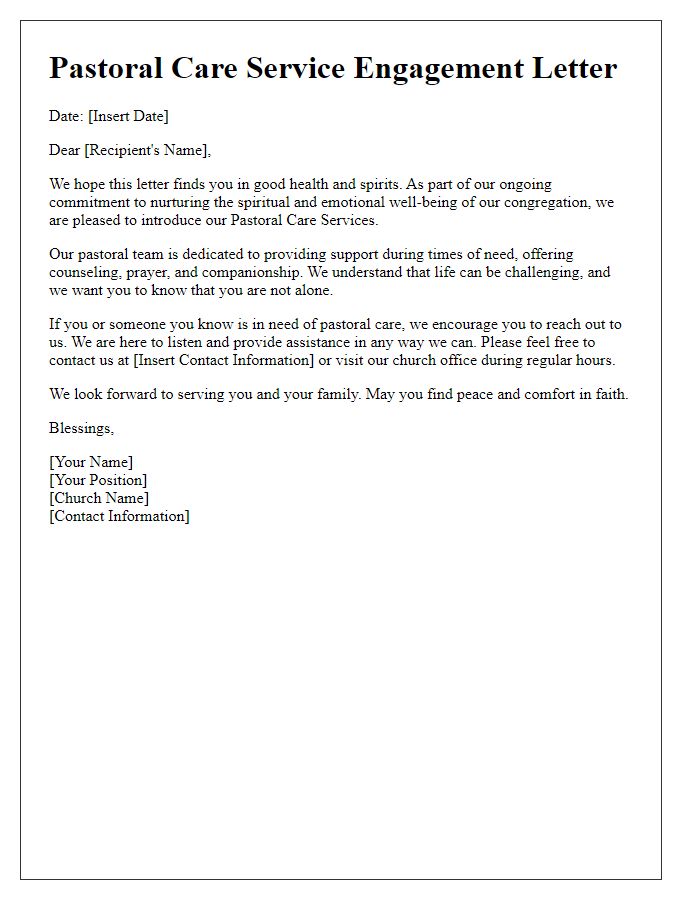
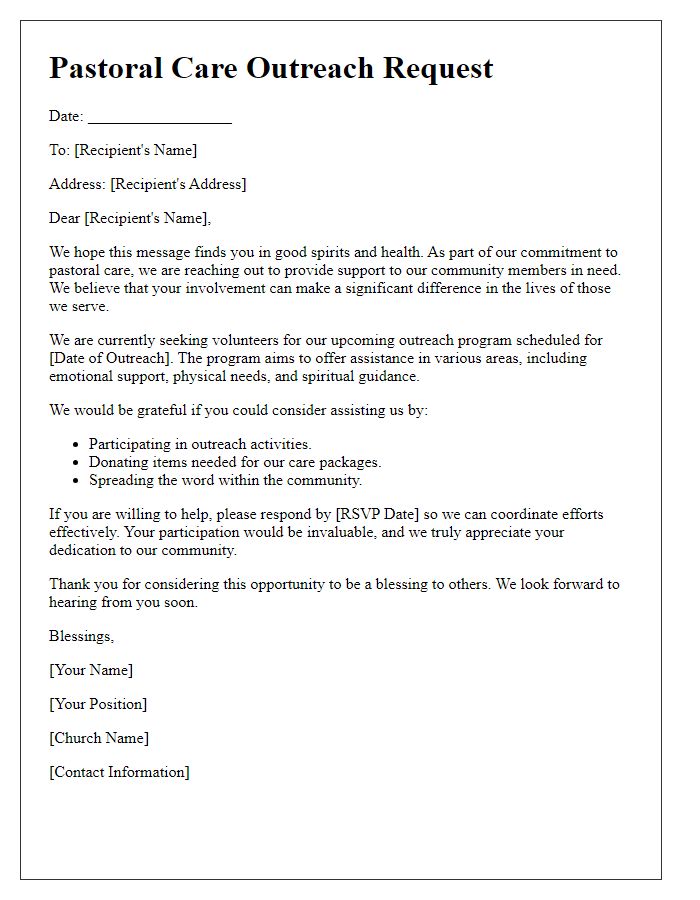
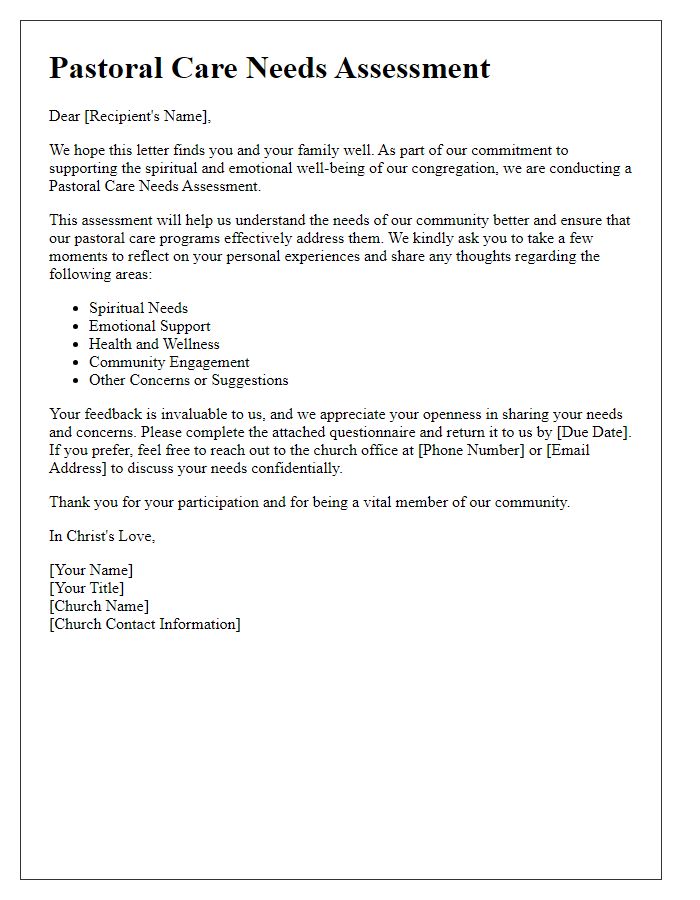
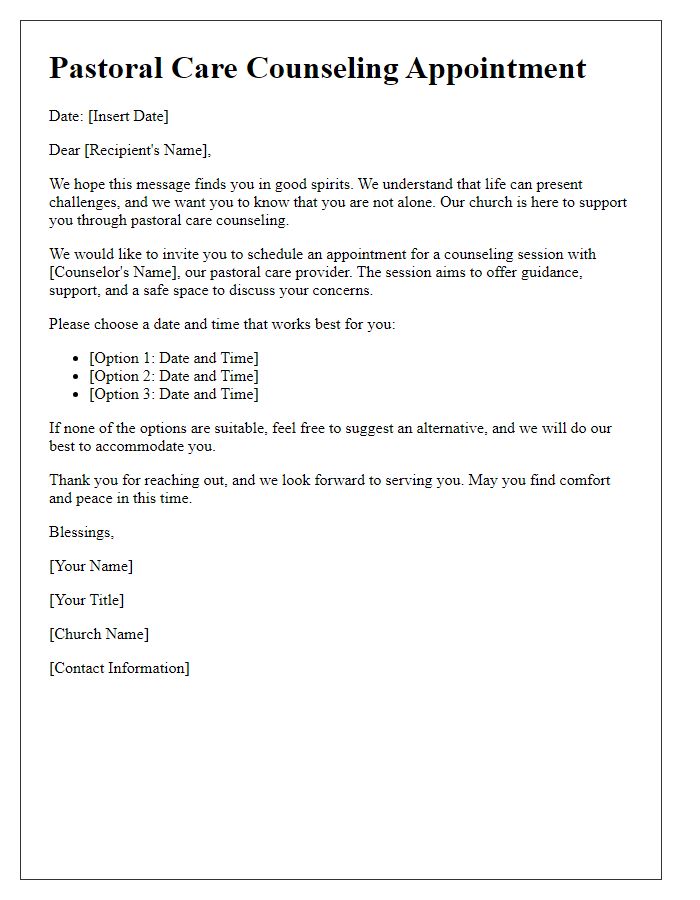
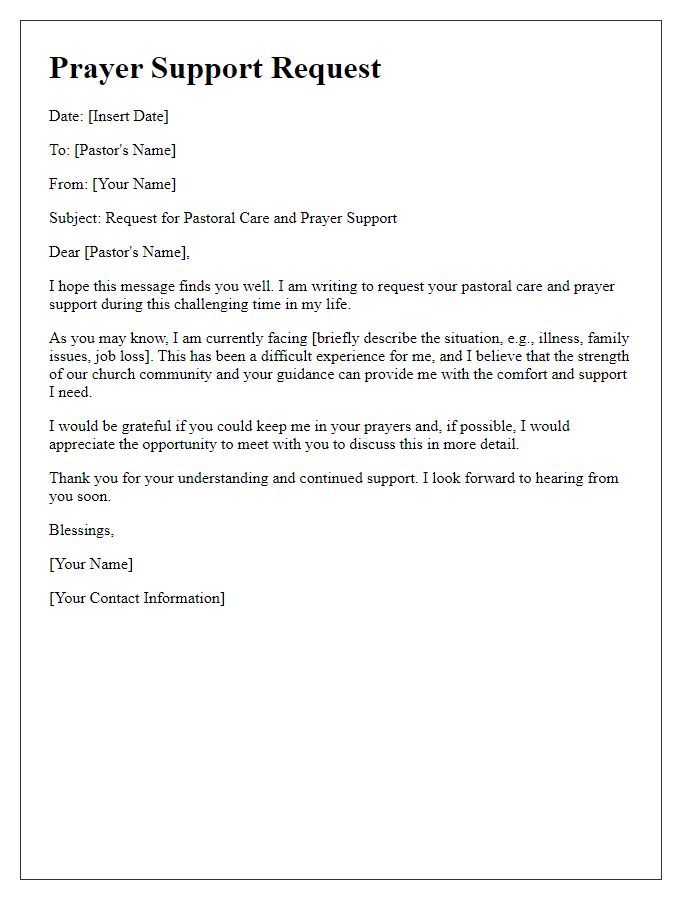
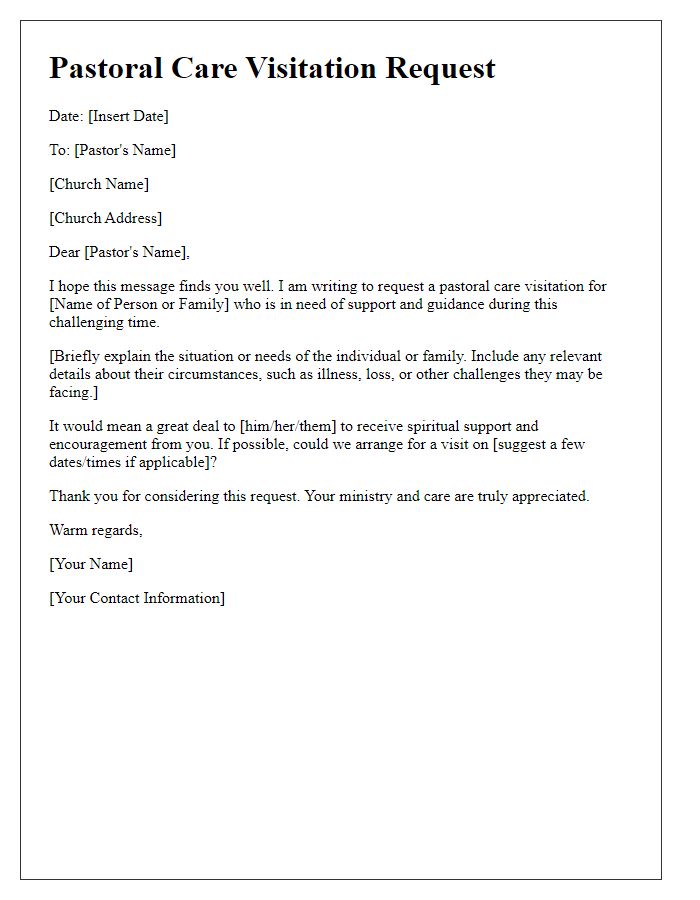
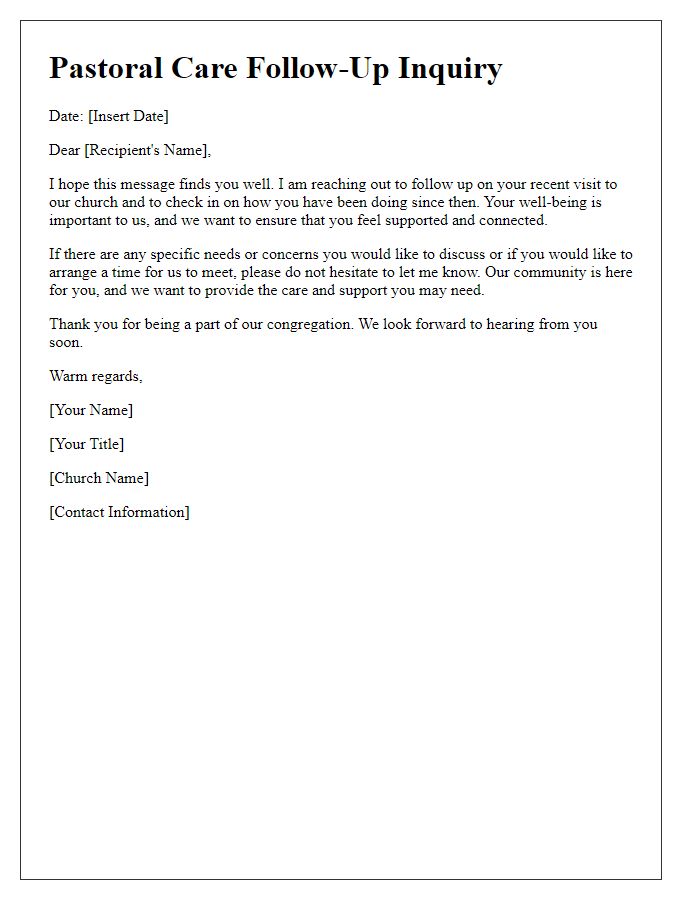
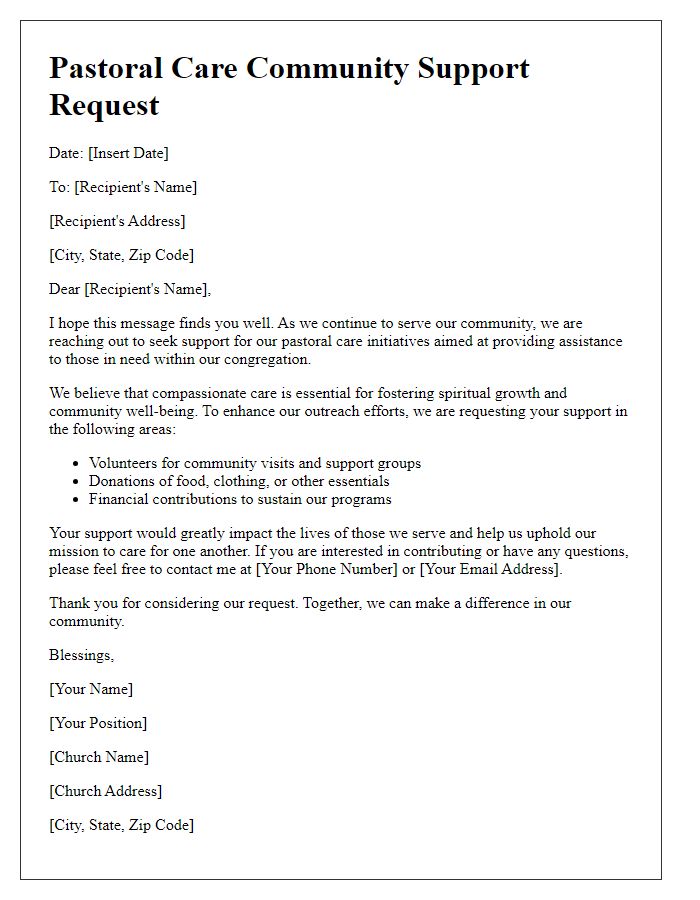


Comments